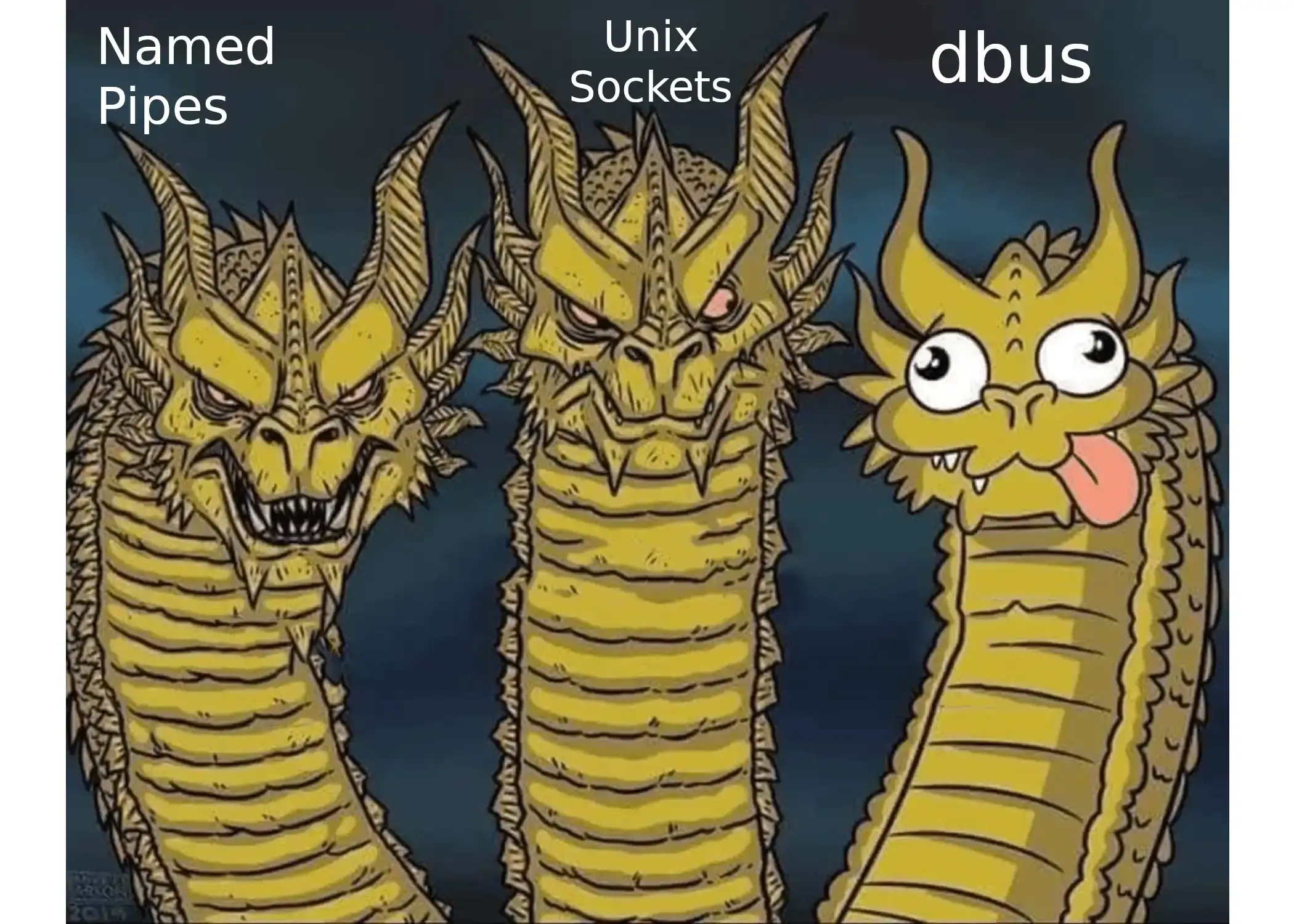this post was submitted on 28 Dec 2023
203 points (81.4% liked)
Linux
58395 readers
1980 users here now
From Wikipedia, the free encyclopedia
Linux is a family of open source Unix-like operating systems based on the Linux kernel, an operating system kernel first released on September 17, 1991 by Linus Torvalds. Linux is typically packaged in a Linux distribution (or distro for short).
Distributions include the Linux kernel and supporting system software and libraries, many of which are provided by the GNU Project. Many Linux distributions use the word "Linux" in their name, but the Free Software Foundation uses the name GNU/Linux to emphasize the importance of GNU software, causing some controversy.
Rules
- Posts must be relevant to operating systems running the Linux kernel. GNU/Linux or otherwise.
- No misinformation
- No NSFW content
- No hate speech, bigotry, etc
Related Communities
Community icon by Alpár-Etele Méder, licensed under CC BY 3.0
founded 6 years ago
MODERATORS
you are viewing a single comment's thread
view the rest of the comments
view the rest of the comments

My serious answer, not an argument: Use d-feet to inspect what's available on the system and session buses. That'll show the benefit of introspection and a common serialization mechanism.
About the security comments: Some access control mechanisms aren't just allow/deny, and many need more than socket permissions. Those benefit from DBus policies, and PolicyKit integration helps for more complex needs. You can always DIY it, that's Linux/FOSS life, but these are great tools to have in your toolbox. I'll avoid credential passing via sockets whenever I can and have something else do it.
Great point about policies! Setting permissions on sockets only gets you so far... I guess if you really wanted to, you could create an individual socket for every method of every resource, and have granular permissions that way. But that would be quite messy